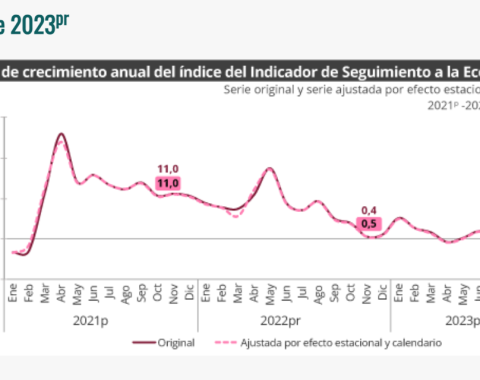Not long ago, imagining a Colombian president going to the UN or to Washington to talk about a new drug policy, energy transition, reducing sanctions on Venezuela, and even a new economic model for the world, where to begin, debt could be exchanged for climate action so that poor countries can take a small financial break, all would seem like complete madness. Moreover, that president being received with honors and multiple accolades by President Joe Biden, mind-blowing. And as if that weren’t enough, Biden offered $500 million to invest in the care of the Amazon, a complete delirium. But it happened on April 20, 2023.
Among the many things said in official statements disseminated with a video produced and edited by the White House on social media, Biden mentioned with a huge smile while looking at Petro in the eyes, the new century of relations between both countries. In Colombia, a country where for so many decades the us government has meddled in many aspects and influenced its domestic politics, this is clearly a sign of relief. A new scene being written: Uncle Sam letting go of the rope, at least for a while. And it is a relief, because it helps to see the Uribismo increasingly far in the rearview mirror. In hindsight, we can now confirm that the previous government did show all the symptoms of having a dysfunctional foreign policy, one that was agonizing and defined only by obscure interests.
This visit is historic, several commentators have stated. The weight of history converged so that a progressive Colombian president coincided on several fundamental points with a technocratic centrist government in the United States interested about climate change. In both cases, undeniable substantial changes in the discourses that mark this new century of relations between both countries. The person responsible, Gustavo Petro, who managed to sum up coherence, oratory, and momentum to position himself as a world leader and who also knows the needs of the United States, is playing his cards very well.
However, it is important to take Petro’s plans with a grain of salt, beyond just the photos, words, and accolades. Firstly, because these plans are monumental, and secondly, because Americans never show all their cards. While some analysts have stated that Latin America is not important to the United States, we disagree. Today more than ever, the United States needs its neighbors. The turn towards global multipolarity makes Latin America, rich in all kinds of resources, a geostrategic objective for all international powers.
One impressive aspect is that for the first time in the geopolitical chess game, Colombia is not just a pawn on the board. Even though Petro has positioned himself as a player, we must wait and see which of his plans and projects become reality. This is because what Petro is proposing would require changing parts of the world, and the United States is not a big fan of change unless they are the main beneficiaries.
In addition to political and diplomatic opportunities, the new era of US-Colombia relations also presents significant economic opportunities. With Petro’s focus on re-industrialization and energy transition, there is potential for increased investment in renewable energy and sustainable industries. Moreover, with Colombia’s rich cultural heritage and diverse natural beauty, the country has the potential to become a major tourist destination. This presents opportunities for investment in the tourism sector, as well as in related industries such as infrastructure development, hospitality, and entertainment. Overall, the new era of US-Colombia relations creates a fertile ground for cooperation and investment that can benefit both countries.





